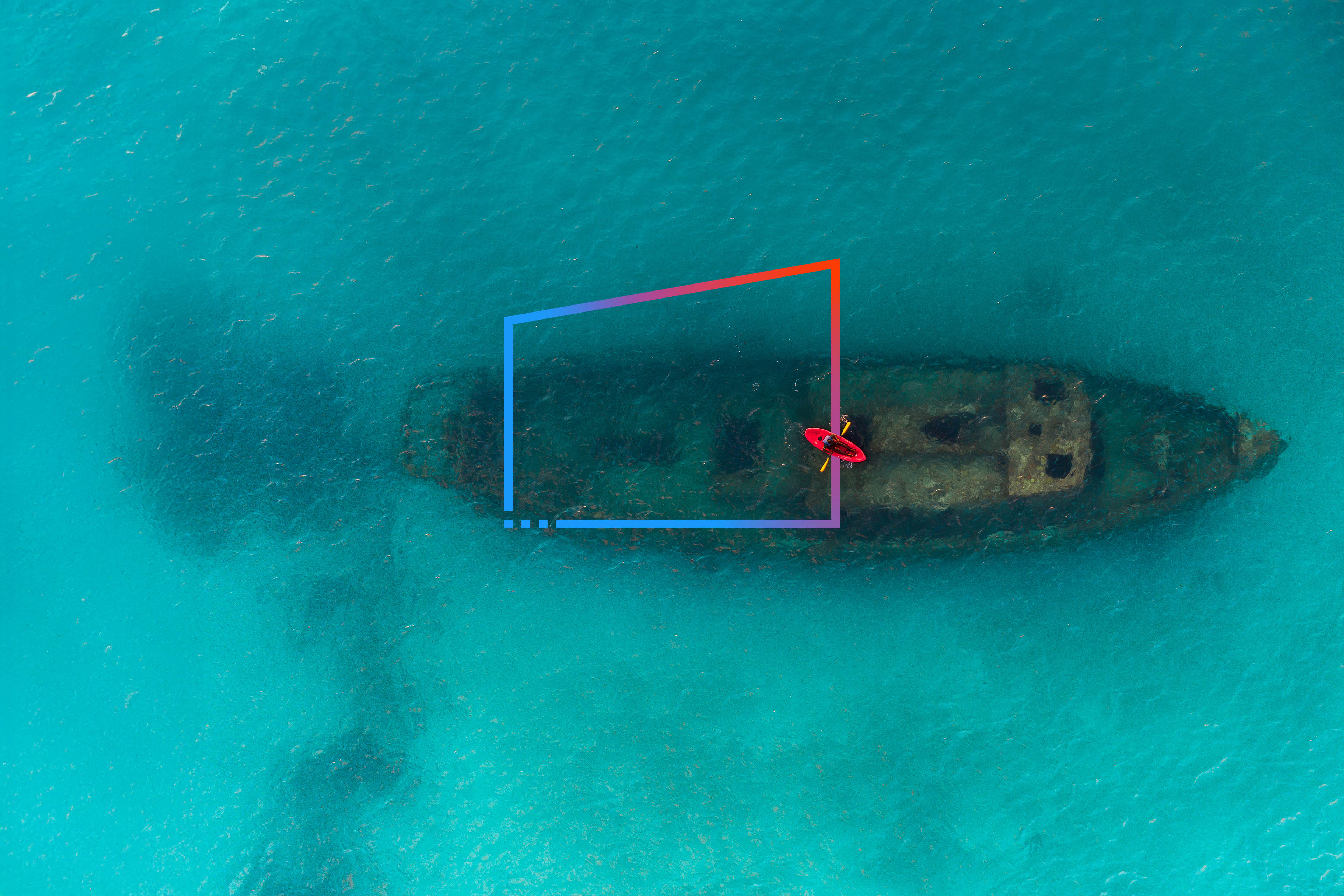EY refers to the global organization, and may refer to one or more, of the member firms of Ernst & Young Global Limited, each of which is a separate legal entity. Ernst & Young Global Limited, a UK company limited by guarantee, does not provide services to clients.
Government responds positively to most concerns raised on the bill for global minimum tax (GMT) and Hong Kong minimum top-up tax (HKMTT)
By way of Committee Stage Amendments (CSAs) to the Bill, except for item (vii) below which will be achieved through other means, the major concerns addressed include:
(i) The main purpose test (MPT) as a general anti-avoidance rule (GAAR) being replaced by the sole or dominant test under section 61A of the Inland Revenue Ordinance (IRO) with additional safeguards before it can be invoked.
(ii) Instead of an effectively indefinite time for raising assessments in certain situations, the time limit now being fixed at eight years for non-tax evasion cases and 12 years for tax evasion cases.
(iii) The time limit for re-opening an assessment for refund of excessive top-up taxes paid because of an error or omission committed under section 70A or in other situations under section 79 of the IRO being correspondingly increased to eight years.
(iv) The personal liabilities imposed on responsible directors or officers of GMT/HKMTT entities or their service providers for failing tax reporting obligations of the entities involved being removed.
(v) The time for record keeping for GMT/HKMTT being reduced from 12 years to nine years.
(vi) The tax-neutral effect for reimbursement of top-up taxes among group companies being extended to cover all types of top-up taxes, i.e., those paid under the Income Inclusion Rule now also included.
(vii) HKMTT entities being legally required to file profits tax returns based on accounts prepared under local accounting standards if such accounts have been prepared so as to comply with the local accounting standard rule for HKMTT.
(viii) Tax credit being granted in Hong Kong generally for qualified domestic minimum top-up tax (QDMTT) paid in overseas jurisdictions when the same income e.g., dividends, is also subject to tax in Hong Kong. In addition, the QDMTT paid would be regarded as a qualifying similar tax but not counted in considering the applicable rate under the “subject to tax” condition for the foreign-sourced income exemption regime.
(ix) In-scope multinational enterprise (MNE) groups being required to perform mandatory e-filing of profits tax returns starting from the year of assessment 2025/26.
Clients who have any questions regarding the above and other amendments or issues discussed below should contact their tax executives.



